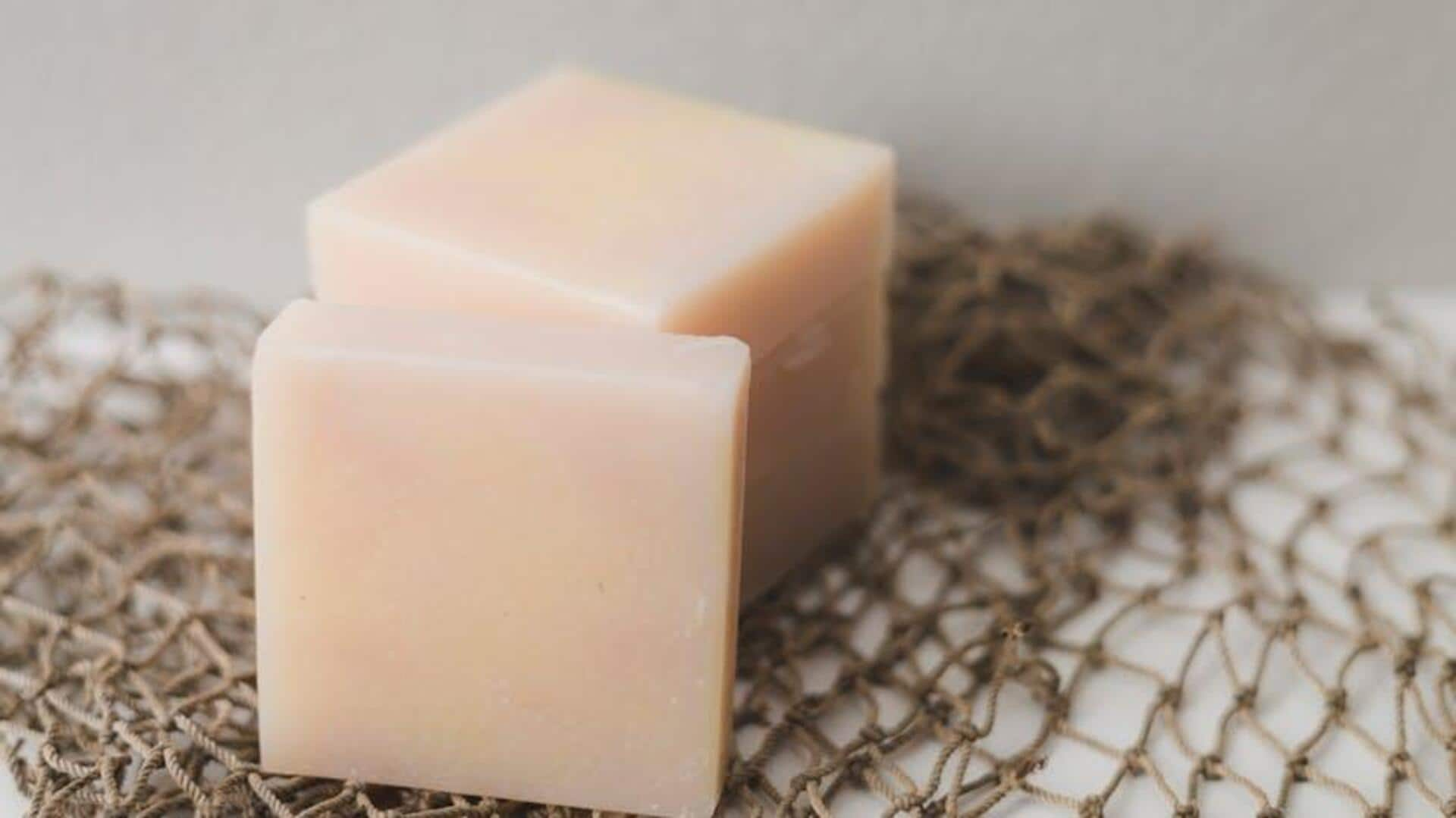
Exploring traditional soap making in Ghana's Ashanti region
What's the story
The Ashanti Region of Ghana holds a deep reverence for its vibrant culture, including the art of traditional soap making. This craft, utilizing indigenous ingredients such as plantain skins and palm oil, embodies the community's profound connection to their land. Transmitted across generations, these soaps serve as pillars of personal hygiene and cultural ceremonies, narrating the distinct story of the region's heritage.
History
The roots of Ashanti soap making
The traditional craft of soap making in the Ashanti Region is a centuries-old practice. It is deeply rooted in the local environment, utilizing abundant resources like plantain skins, palm oil, and cocoa pod ash. These natural ingredients are not only plentiful but also highly beneficial for the skin. This craft embodies the profound connection the community has with their environment and their remarkable resourcefulness.
Materials
Ingredients and their significance
The traditional Ashanti method of soap making involves the use of plantain skins, palm kernel oil, cocoa pod ash, and optionally, shea butter. Plantain skins, high in potassium hydroxide, serve as a natural lye. Cocoa pod ash provides cleansing properties, while palm kernel oil and shea butter contribute moisturizing elements. The result is a soap that effectively cleanses without stripping the skin of its natural oils.
Methodology
The process of crafting soap
First, plantain skins and cocoa pods are dried and burned to produce ash. This ash is then mixed with water to form lye, which is added to palm kernel oil and, optionally, shea butter. The mixture is heated until it thickens, then poured into molds to harden into bars. It requires a lot of precision and patience to get the proportions right to create a high-quality soap bar.
Culture
Cultural significance beyond cleansing
Aside from its practical uses, traditional soap in the Ashanti Region of Ghana holds cultural significance. It is used in rituals for purification and considered a precious gift during important ceremonies such as weddings or naming ceremonies. The process of soap making also promotes community cohesion, bringing people together to learn and share knowledge.
Visiting
Tips for visitors interested in traditional soap making
For travelers looking to immerse themselves in Ashanti culture, a trip to the local markets or visiting communities involved in soap making is a must. Interacting with artisans offers unique insights into their methods and the artistry behind each soap. Purchasing these soaps not only supports local economies but also provides a tangible piece of Ghanaian history to bring back home.